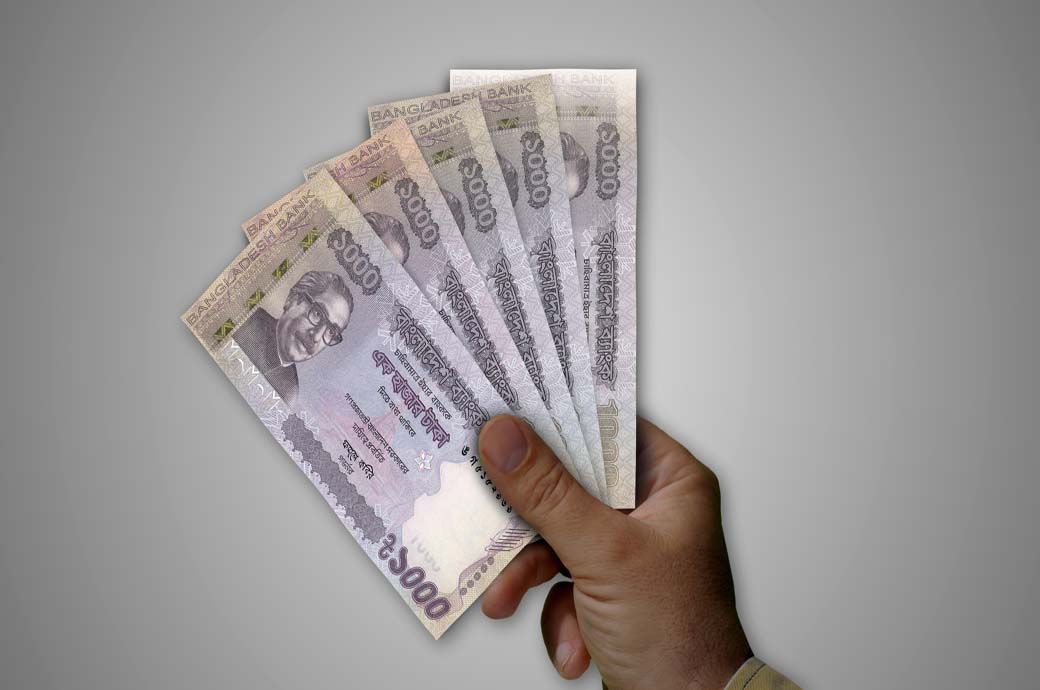
Additionally, government actions such as raising electricity and gas tariffs, aimed at reducing subsidies amidst dwindling revenue, have further burdened the country’s entrepreneurs.
Electricity prices have surged by 21 per cent for industrial consumers and small to medium enterprises, with four consecutive hikes since January of the previous year. Meanwhile, despite a contraction in imports caused by the dollar shortage, the taka has depreciated by 5 per cent against the US dollar in the past year and 28 per cent over the last two years.
The central bank’s tightening of the money supply has escalated loan interest rates, significantly increasing financing costs for businesses. The weighted average interest rate on loans reportedly rose from 7.24 per cent in January 2023 to over 12 per cent in January of the current year.
This surge is attributed to the Bangladesh Bank allowing banks to add a 3.5 per cent margin to its SMART benchmark rate.
Speaking to the media Anwar-Ul Alam Chowdhury, president of the Bangladesh Chamber of Industries highlighted the impact of escalating utility bills and loan interest rates, exacerbating the challenges faced by the industries.
Chowdhury, whose Evince Group exports garments, expressed concern that persistently high inflation has led to reduced domestic consumption, further straining businesses even as another businessperson raised concerns about the discrepancy between borrowing rates and repayment rates, indicating that businesses face significantly higher repayment rates than the rates at which they borrowed due to fluctuating interest rates.
These challenges, including rising costs, sluggish business environment, and increased default risk, pose significant threats to the survival of many businesses in Bangladesh if the current situation persists.
Fibre2Fashion
Receive daily prices and market insights straight to your inbox. Subscribe to AlchemPro Weekly!